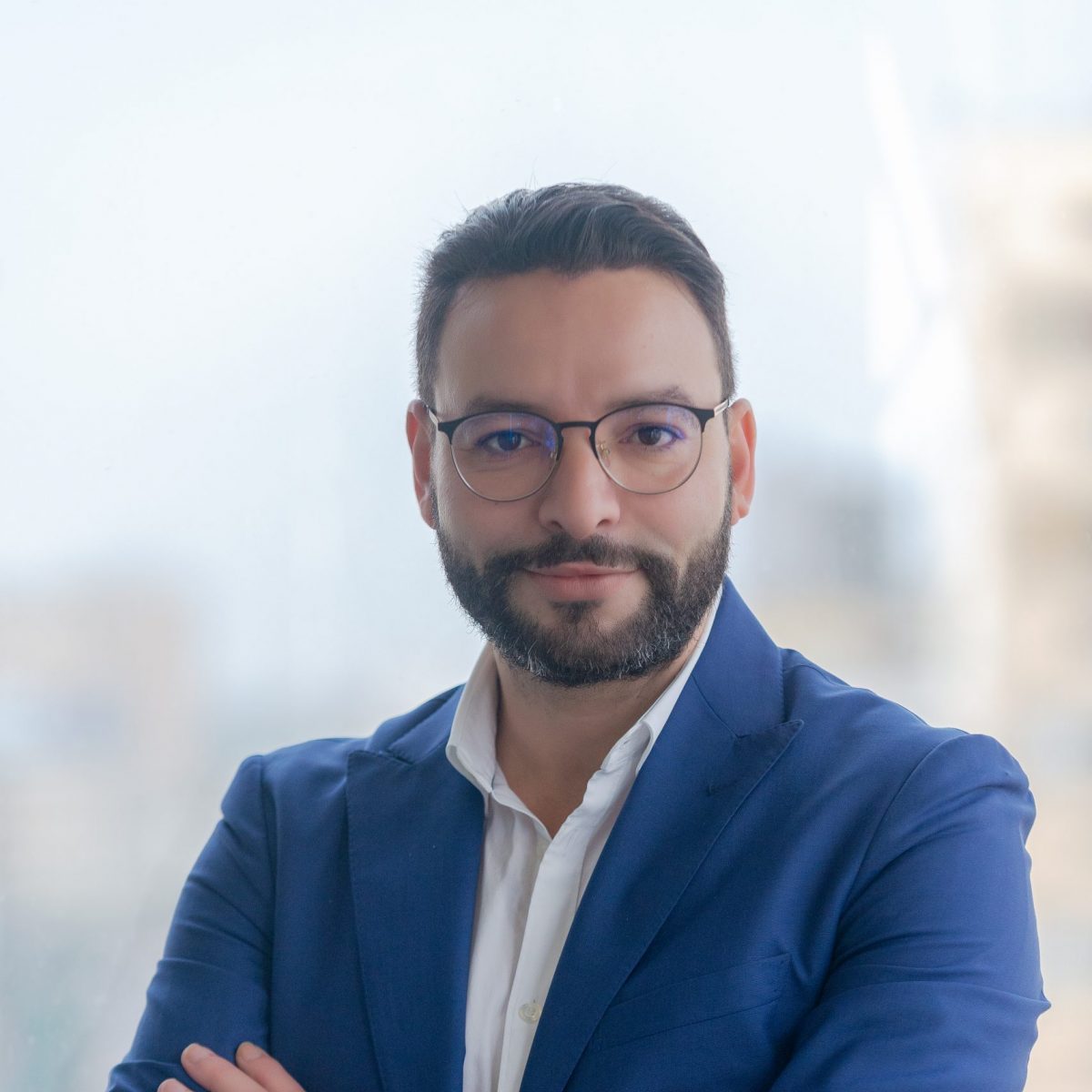How COVID-19 Helped Founder Of Newly Funded Moroccan B2B Marketplace Sle3ti Nab Huge Opportunity
A distributor told Ayoub Harij during a regular meeting in March 2020 that, despite significant demand from retailers, half of his sales force was unable to work due to the coronavirus pandemic’s forced confinement and health measures.
The young entrepreneur spotted an opportunity right away, prompting him to jump right into building Sle3ti.
Essentially, by automating the relationship between the brand and the retailer, the Sle3ti technology eliminates the requirement for a salesman to be mobilized, disrupting traditional distribution and supply channels. The platform allows retailers to order directly and openly from brands, by displaying product ranges, prices, and promotions, as well as controlling order monitoring, thereby enhancing product traceability.
“Brands have two distribution channels that are integrated on the Sle3ti platform: the direct channel, which sells directly to local merchants by mobilizing field sales; and the wholesale channel, which allows products to be sold to wholesalers. Sle3ti installs a digital distribution support which is free from all physical limitations of traditional business and allows us to launch an innovative, relevant, and value-added solution in an unprecedented way,” says Ayoub Harij.
Currently, more than 120 businesses and 2,000 referrals are currently available on the platform.

Since getting his engineering diploma at the National School of Electricity and Mechanics (ENSEM) in 2005, Ayoub Harij has worked in sales and business development, including as an account manager at Procter & Gamble, a sales manager at Lesieur, and the Africa Zone Director at Lavazza Italy.
Read also Startups Land $2.9m From Techshow “Who Wants To Invest In My Project?” In Morocco
He started a football social network in 2015, inspired by a desire to create his own business, where he learned the basics of IT development, code, and project management, before going on to a second enterprise focusing in professional consulting for large Moroccan firms.
These experiences are important since they helped him and his team to build the entire Sle3ti platform in just three months.
The firm has recently received a 12 million dirham investment from the Richmond investment fund, exactly one year after its establishment.
The money will help the company expand into Morocco at first, with the goal of “being active in the eight most prominent urban centers in 18 months,” which includes Casablanca, Agadir, Rabat, and Marrakech. Sle3ti also has plans to develop new products and services for small businesses and brands in the future.
“Retailers have high standards and offer a wide range of services. We’ve built a trusting relationship with them that allows them to take advantage of new services,” Harij says.
The startup’s goal to expand across Africa is also fueled by the support of brands and supermarkets.
“Because our markets have similar trends and problems,” he says, “this proves the solution’s applicability and promotes our expansion in Africa.” he adds.
However, the main hurdle for Sle3ti is persuading as many retailers as possible to use technology. On this, Ayoub Harij feels confident and optimistic.
“In terms of the brand-retailer relationship, this allows retailers to digitize in a progressive and non-aggressive manner,” he says.
According to the founder, Sle3ti has established a network of 8,000 point-of-sale outlets that have adopted the solution, including roughly 6,400 in Casablanca.
Read also Egyptian B2B Ecommerce Startup Gahez Raises $2m In Pre-seed Round
Harij says small traders are becoming increasingly digital, particularly if digital “presents a promise for increasing profit or decreasing costs.”
“Sle3ti contributes to this vision by allowing customers to order the product they want, when they want, on a free platform that includes all companies. All of this without disrupting their daily routine: we don’t do that. To put customers at ease, we don’t ask for any sensitive information; instead, we make their lives easier and provide a better customer experience,” he says.
Charles Rapulu Udoh

Charles Rapulu Udoh is a Lagos-based lawyer who has advised startups across Africa on issues such as startup funding (Venture Capital, Debt financing, private equity, angel investing etc), taxation, strategies, etc. He also has special focus on the protection of business or brands’ intellectual property rights ( such as trademark, patent or design) across Africa and other foreign jurisdictions.
He is well versed on issues of ESG (sustainability), media and entertainment law, corporate finance and governance.
He is also an award-winning writer



